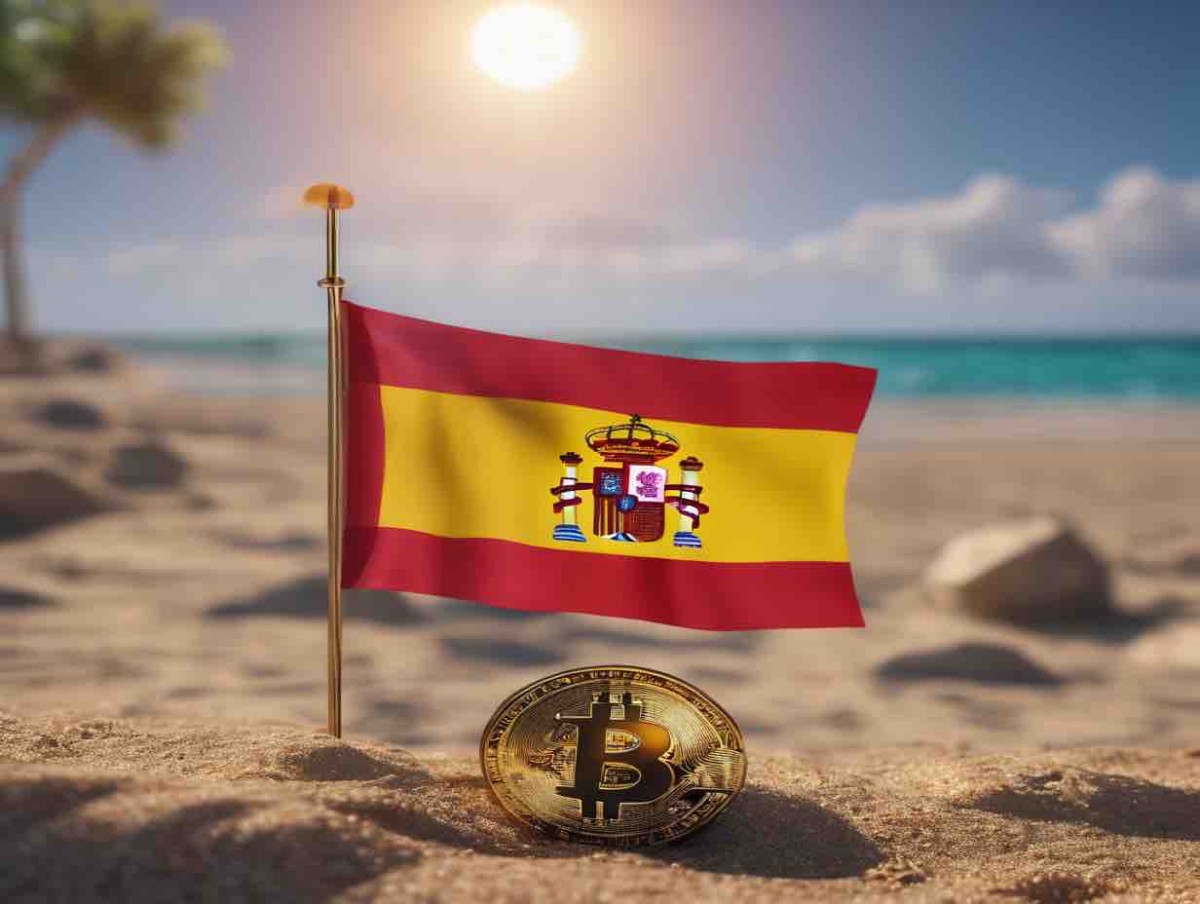The Spanish Ministry of Finance, under the leadership of María Jesús Montero, is actively pursuing legislative reforms to strengthen its control over the monitoring of cryptocurrencies within the country. The focal point of these reforms is Article 162 of the General Tax Law, where amendments are being developed to empower the Spanish Tax Agency.
Spain’s finance ministry makes new tax reform
The primary objective is to enable the agency to identify and seize digital assets owned by taxpayers with outstanding debts, thereby allowing the settlement of tax obligations through crypto holdings. A significant development came into effect on February 1 through a royal decree, broadening the scope of entities with tax collection powers.
Previously, only banks, savings banks, and credit cooperatives could report to the Treasury. This move indicates a broader strategy by the Treasury to combat tax evasion more aggressively. One key aspect of this strategy involves compelling banks and electronic money institutions to report all card transactions.
Despite these proactive measures, the rapid implementation of changes poses regulatory challenges. Spain is navigating a dynamic landscape, actively pursuing various regulations to govern the use of cryptocurrencies.
In October 2023, the Spanish Ministry of Economy and Digital Transformation announced that the first comprehensive European Union crypto framework, the Markets in Crypto-Assets Regulation (MiCA), is set to be adopted nationally by December 2025, six months ahead of the official deadline.
A critical aspect of the Ministry’s efforts involves ensuring compliance with tax obligations related to cryptocurrency holdings. Spanish residents holding crypto assets on non-Spanish platforms face a deadline for declaration to tax authorities.
Regulatory challenges and aggressive measures
The submission period for Form 721 declarations commenced on January 1, 2024, and concludes on the last day of March. Both individual and corporate taxpayers are required to disclose the amount of funds held in their foreign crypto accounts as of December 31, 2023.
It is noteworthy that the obligation to declare foreign holdings applies specifically to individuals with balance sheets exceeding the equivalent of 50,000 euros (approximately $54,000) in crypto assets. Those who store their assets in self-custodied wallets must report their holdings through the standard wealth tax Form 714.
This comprehensive approach underscores Spain’s commitment to addressing the complexities of cryptocurrency regulation and taxation. By expanding the authority of the Spanish Tax Agency and establishing reporting requirements for crypto holdings on foreign platforms, the government aims to strengthen its oversight of the evolving financial landscape.
However, the speed at which these changes are being implemented highlights the need for agile regulatory frameworks. Balancing the urgency of addressing tax evasion and fostering a conducive environment for the cryptocurrency industry presents an ongoing challenge. Striking this balance requires a nuanced approach to ensure effective regulation without stifling innovation.
As Spain moves forward with its crypto regulatory agenda, the coming months will likely witness increased scrutiny and adaptation within the industry. The implementation of MiCA and the current reforms to tax laws indicate a broader commitment to aligning with European standards while tailoring regulations to address the unique challenges and opportunities presented by cryptocurrencies within Spain.





